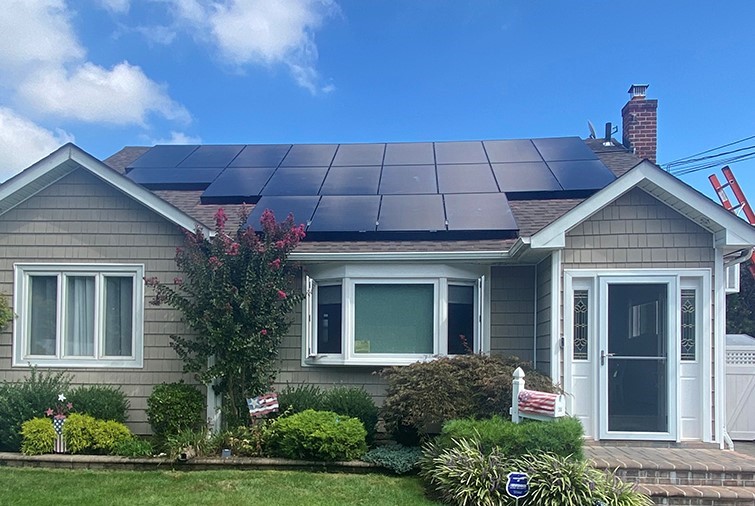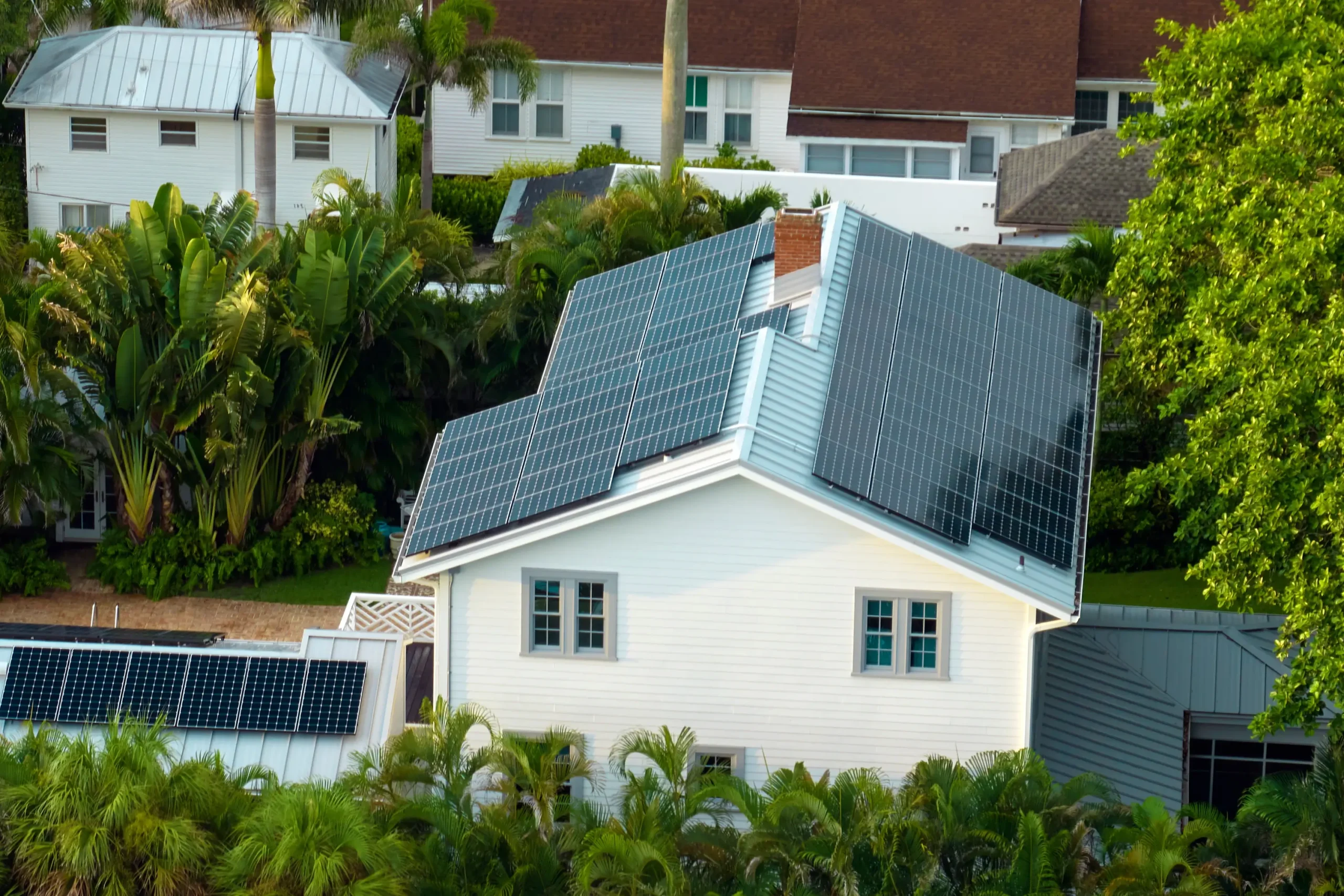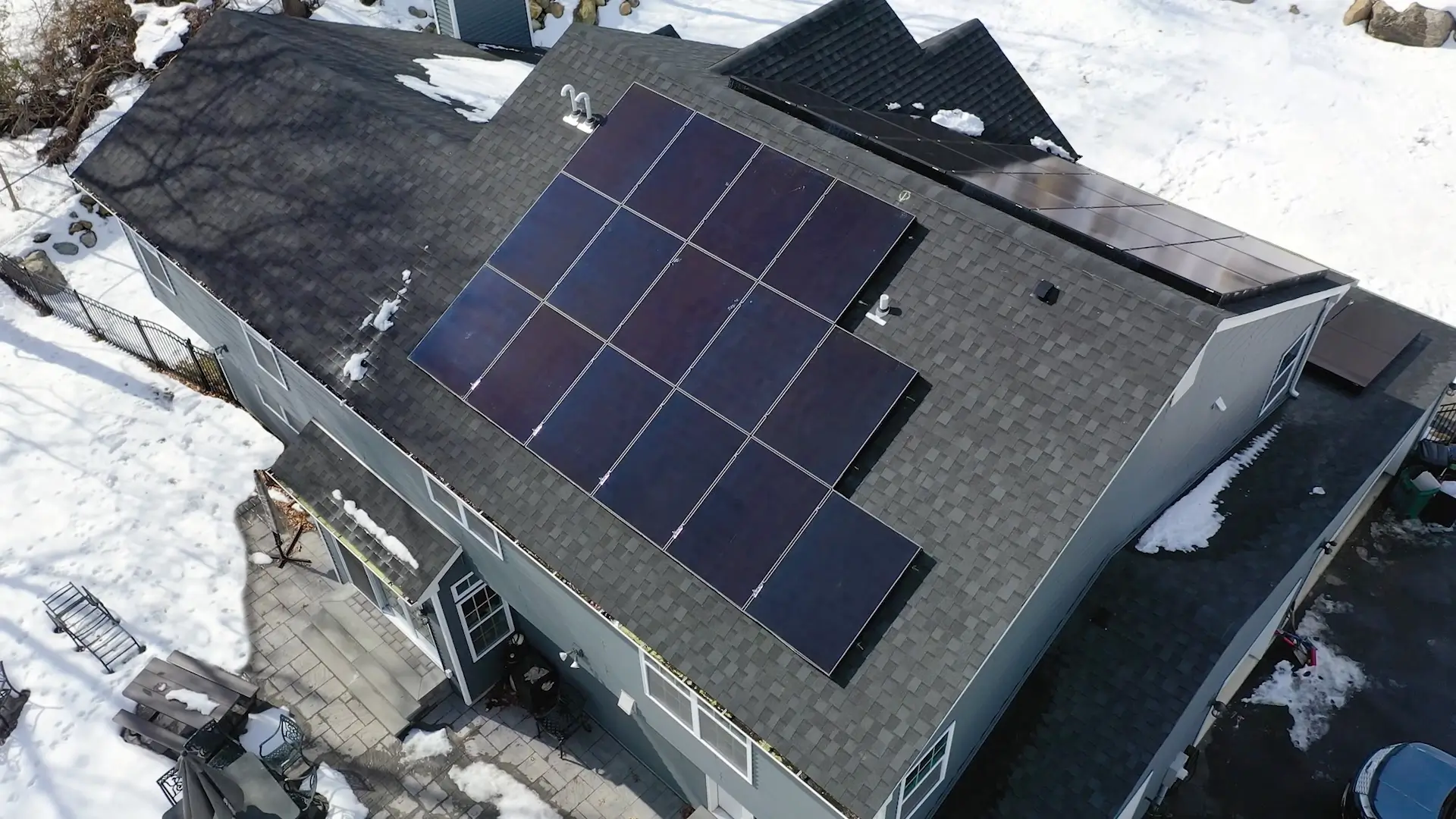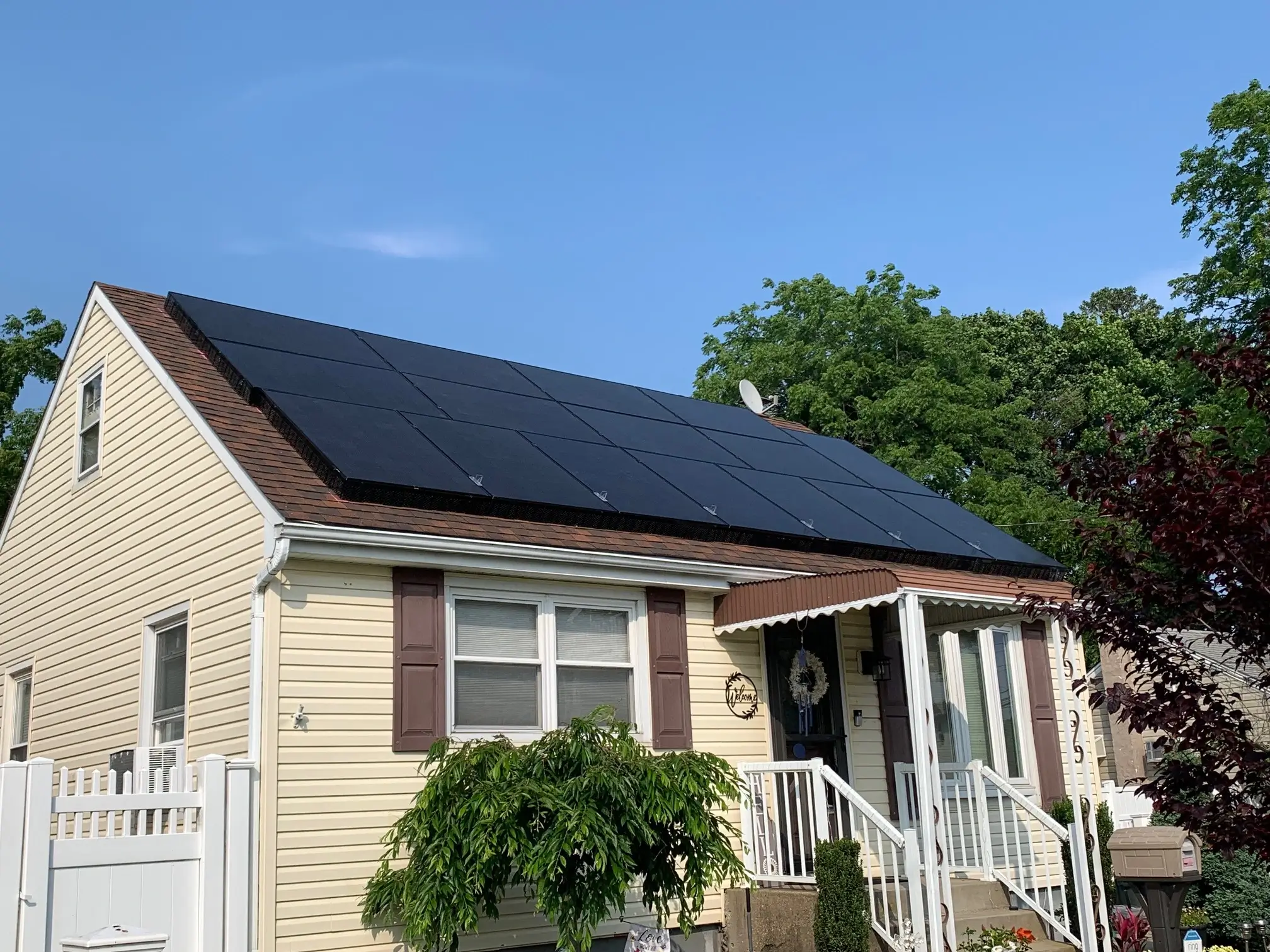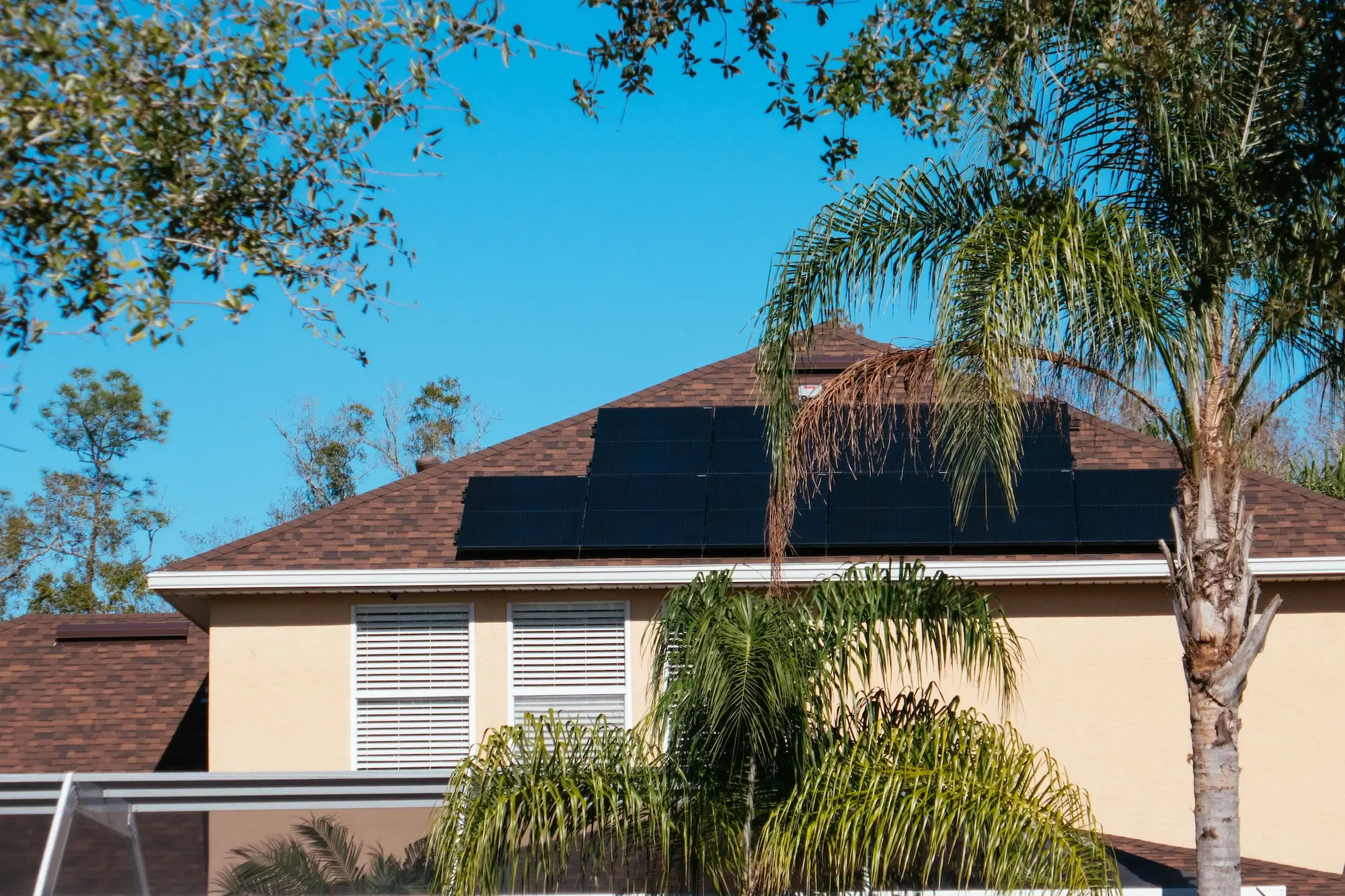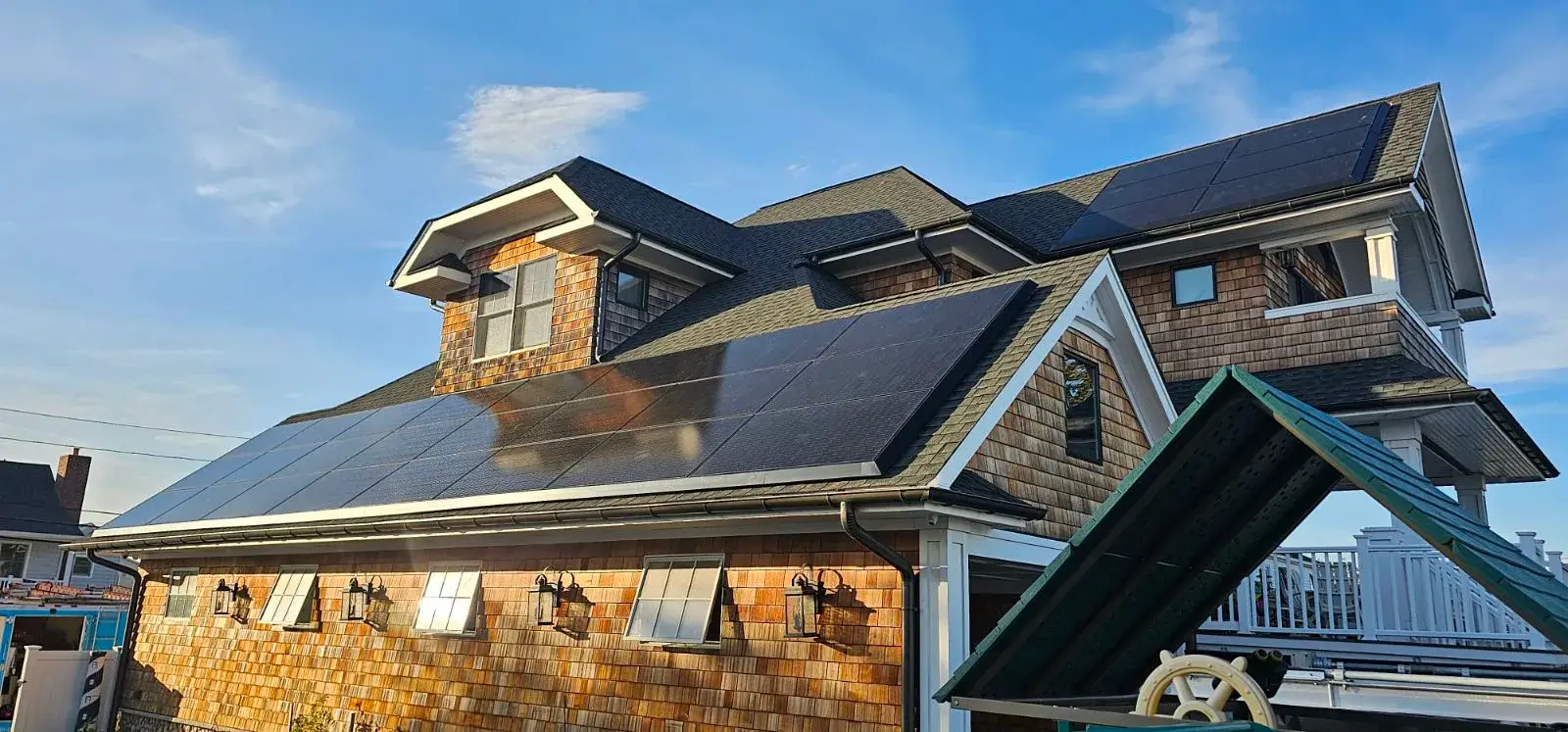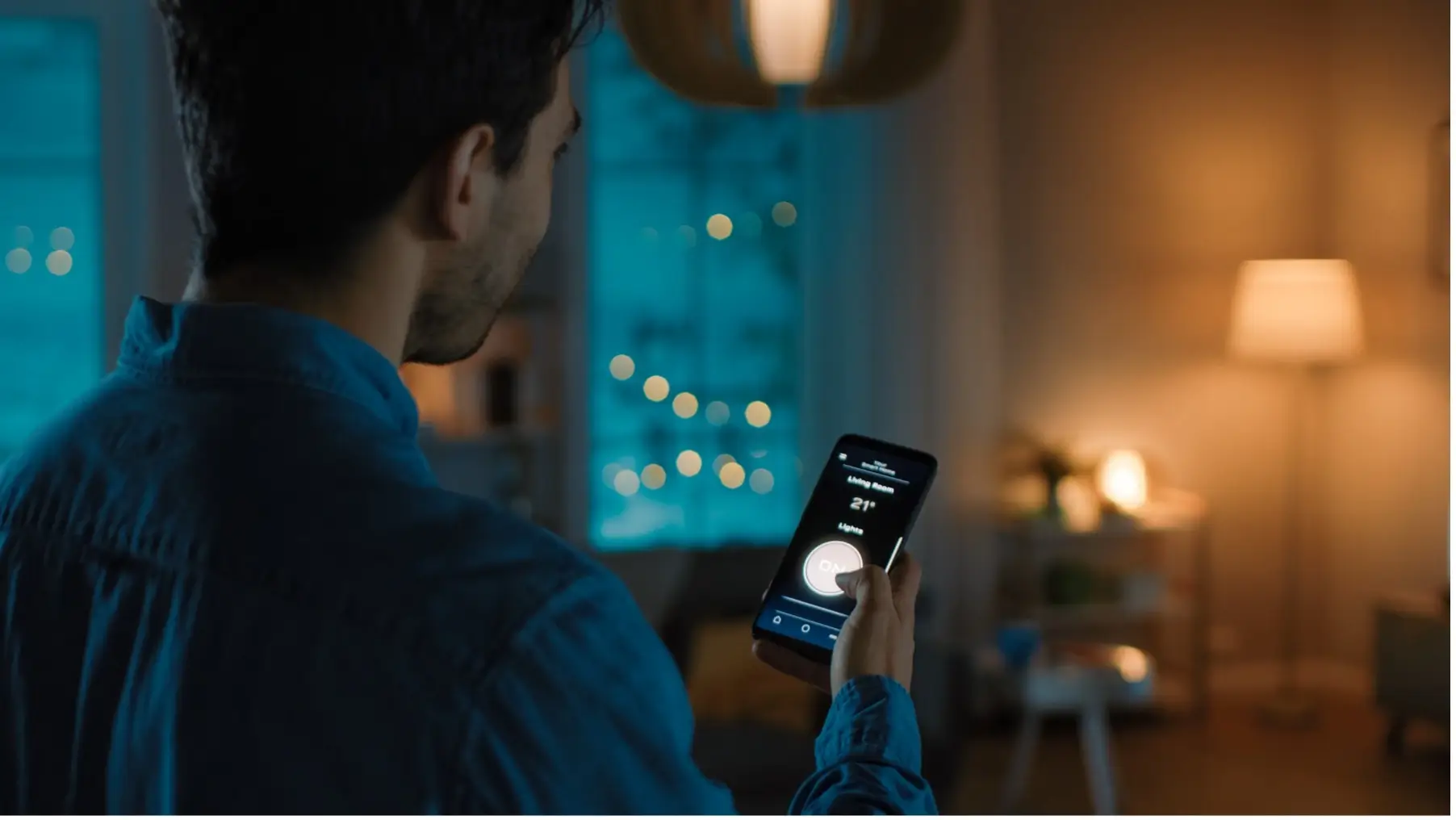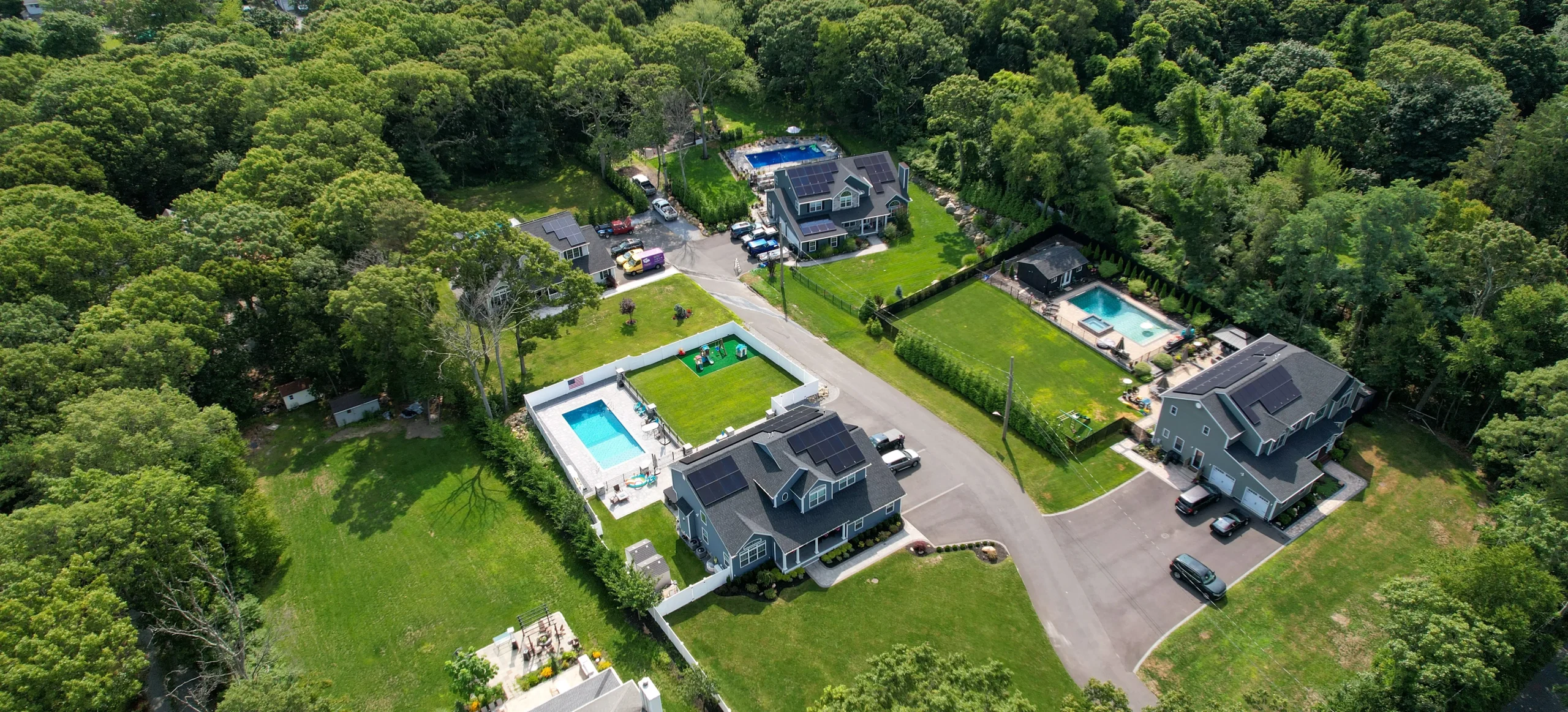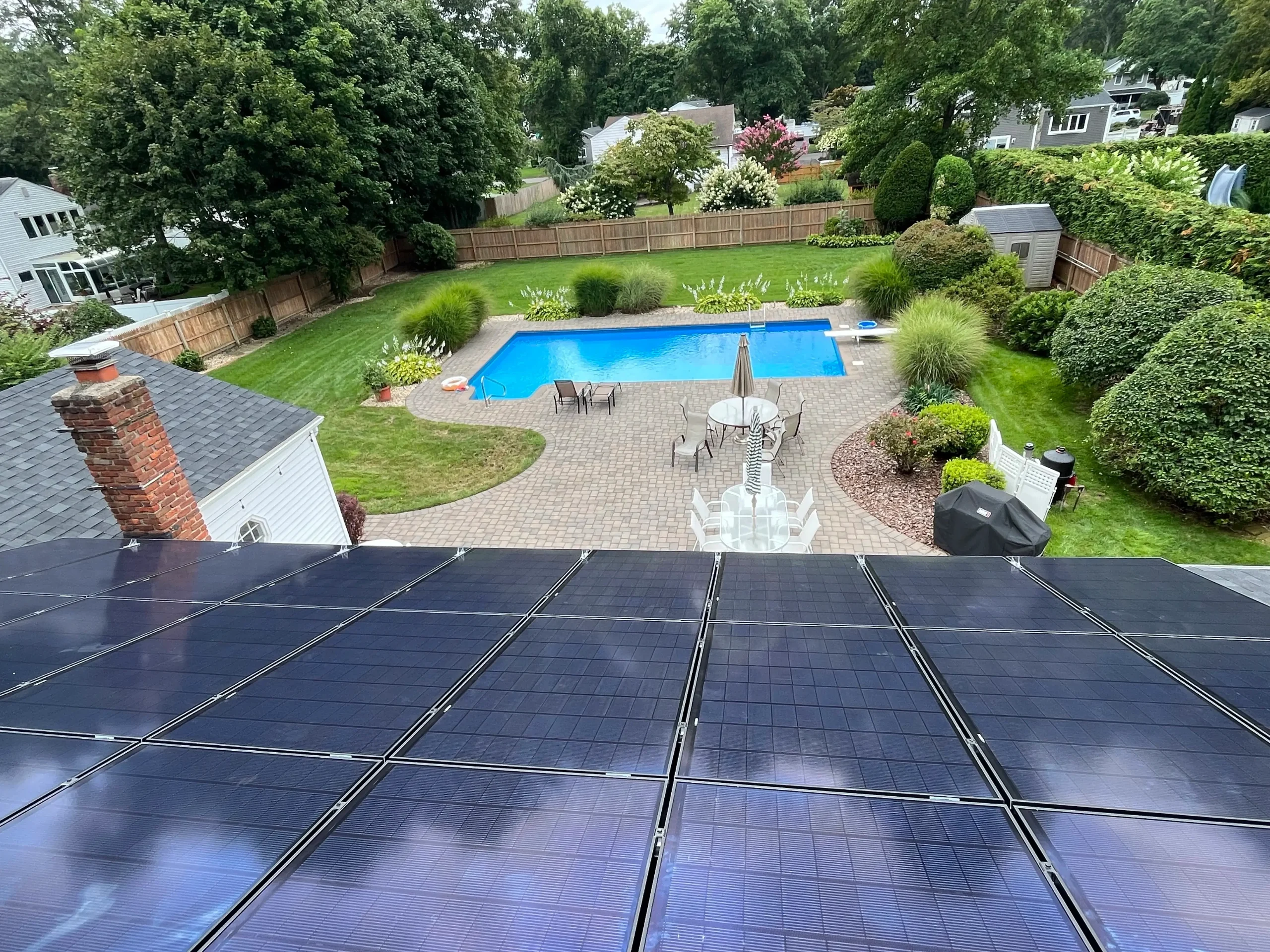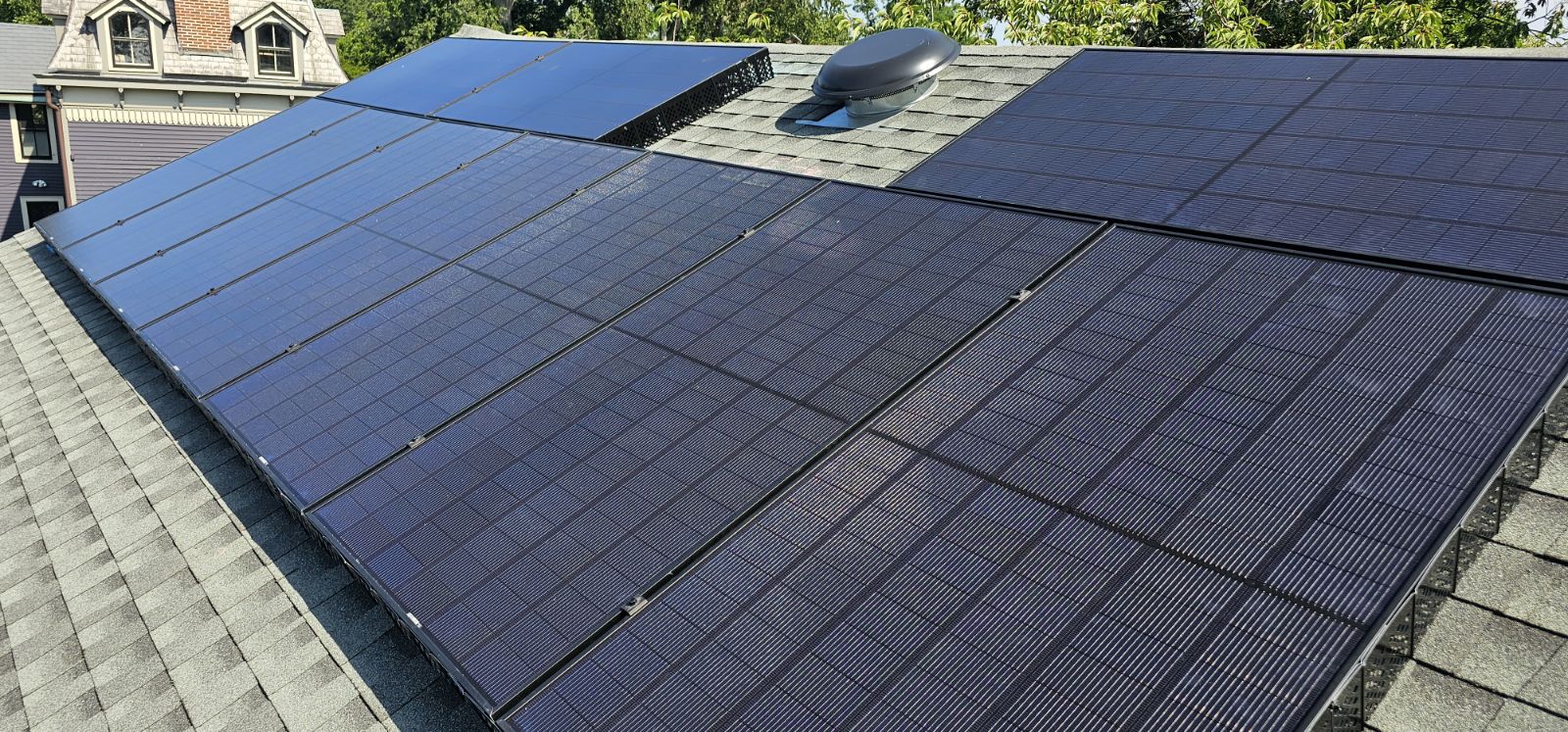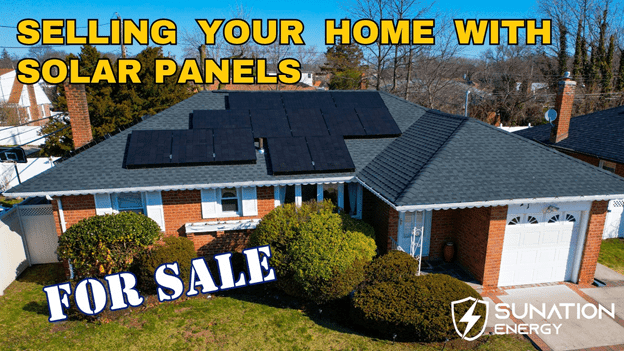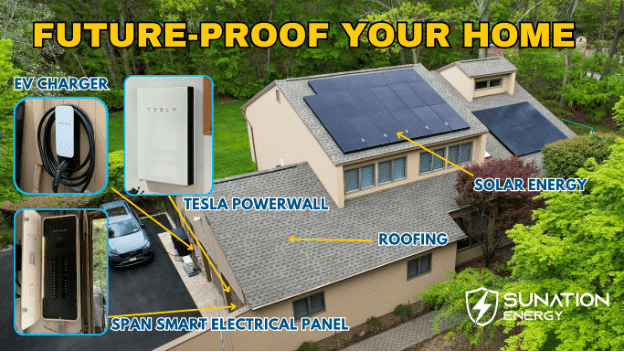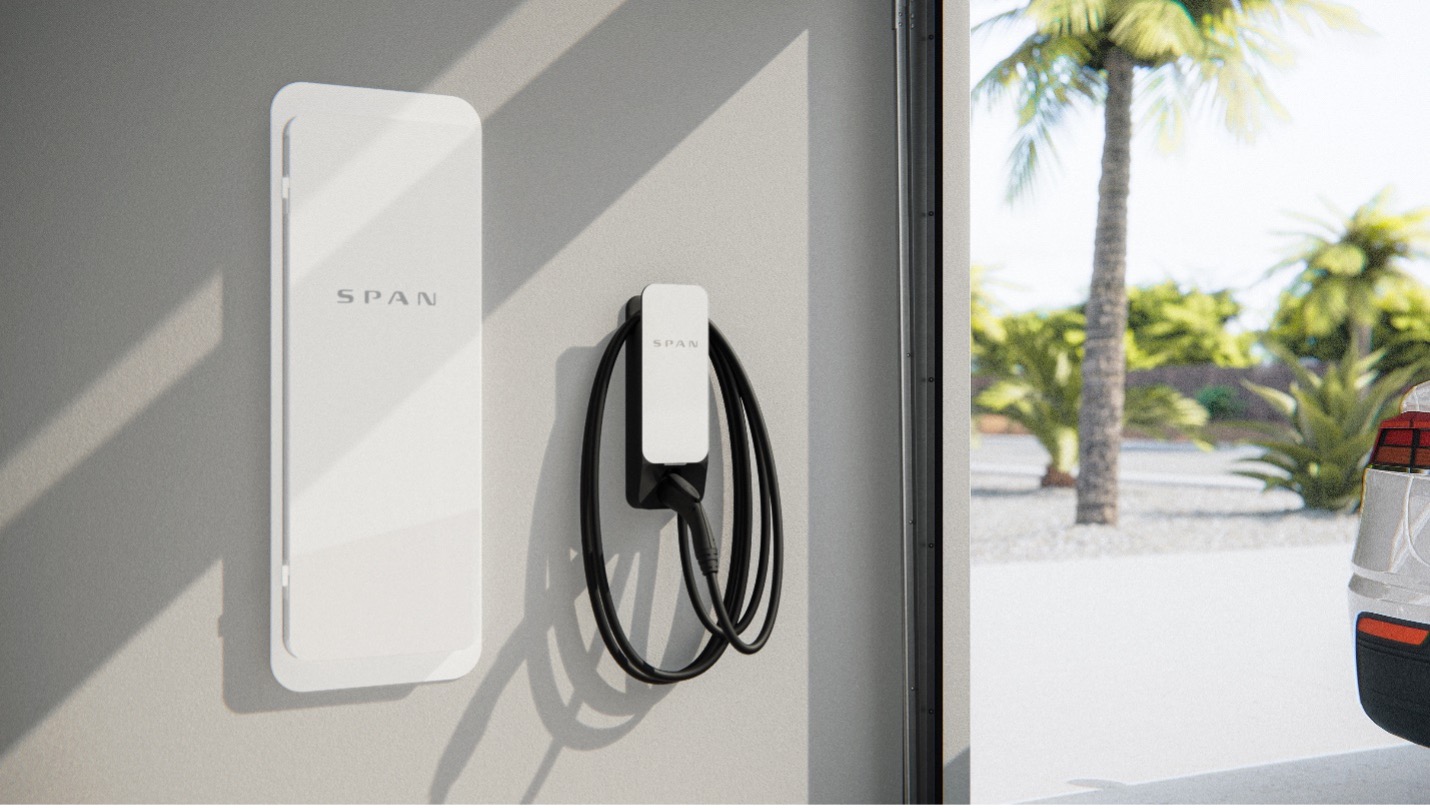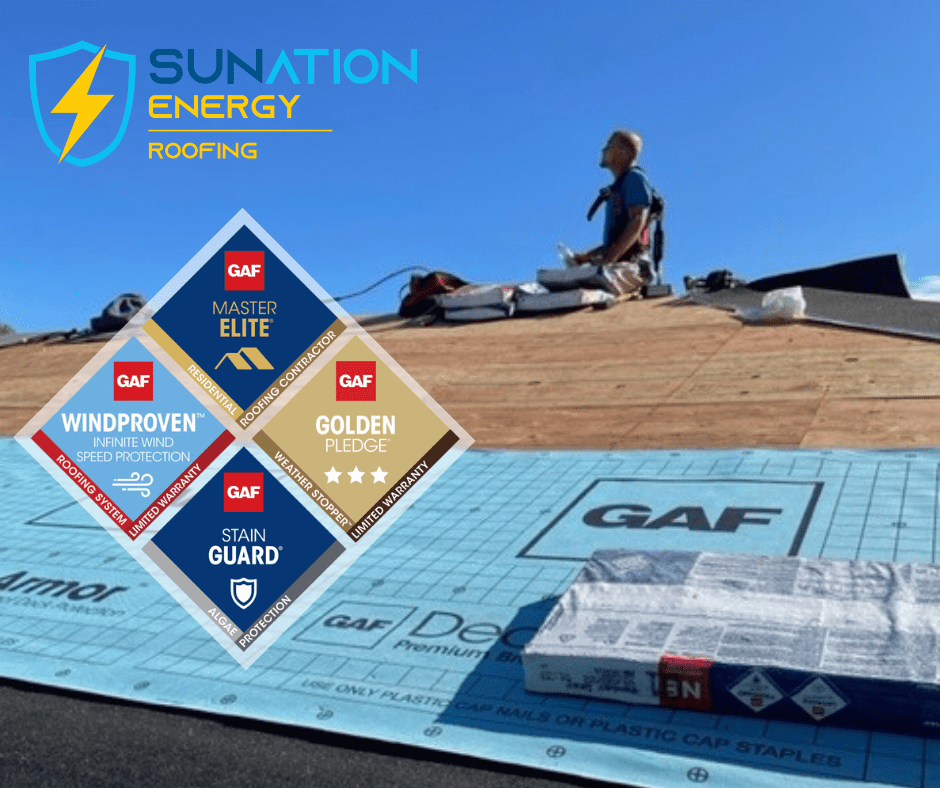As interest in solar energy continues to grow, you many have noticed an increase in solar panels popping up on rooftops of neighboring homes and businesses. You may also have noticed that, like snowflakes, no two solar panel arrays are exactly the same. Each array varies in the number of solar panels installed along with how they are placed. So why are they all different and how do solar businesses like SUNation determine how many solar panels a home needs?
When you’re ready to make the switch to clean, renewable solar energy to lower your electricity bills and make a positive impact the planet’s future, knowing how many solar panels your home needs and how much of your energy use you’ll be able to off-set will likely be the key factor in your decision to go solar. With inflation causing a rise in costs across the board, being able to have control of your energy expenses with solar and take advantage of the recent increase in clean energy tax credits, can be a big motivator as well.
While the number of solar panels each home needs will vary from home to home, there are a few factors to consider to help solar teams come up with the magic number for your home.
Why Should I Install Solar Panels?
There are three main reasons why homeowners are making the switch to solar energy now more than ever. By investing in solar for your home you can also contribute to the financial and environmental benefits renewable energy can provide.
- Financial Solar Savings
There are two ways you can save by going solar, especially now. The first is by taking advantage of current incentives for solar. From now through the end of 2032, homeowners may qualify for a 30% Federal solar tax credit, an increase from the previous 26% in early 2022. In addition, New York State is offering a tax credit up to $5,000 to qualifying homeowners. These opportunities make installing solar more affordable than ever, so consult your tax advisor or accountant to see if you can benefit from these offerings.
Once your solar panels are installed, keep an eye on your electricity bills because they’re about to drop. Homeowners who run on solar can expect to see a decrease in their energy bills with some homeowners eliminating their electricity costs altogether and only paying a small connection fee. As energy costs increase, you can rest assured you’re keeping as much of your hard-earned cash in your pocket as possible with your solar panels.
- Combat Climate Change
Solar energy is a clean, renewable source of energy and plays a major part in combating climate change and decreasing pollution. As more homes and businesses run on solar, the pressure for power plants to produce energy decrease. Power plants, unfortunately, are contributors to both air and water pollution, so the less electricity they need to make, the less pollution is created. As solar panels take in sunlight and generate it into energy for your use, no pollution is created.
- Increase In Property Value
Especially for homes with owned solar arrays, installing solar panels can increase the value of your home, which can be hugely beneficial if you ever decide to sell. It’s a huge perk for homebuyers to have solar panels already installed in their new home. Homes with solar frequently go for a higher rate than those without, and even tend to sell faster.
How Many Panels Will I Need?
To determine how many solar panels you need to power your home, you’ll need to provide some information to your solar consultant to determine the most accurate estimate for you needs.
Know Your Energy Use
Whether you’re powering your holiday lights in the winter or running numerous air conditioning units in the summer, your energy use is bound to fluctuate during the year. Because of this, solar consultants will review energy use over time to come up with an estimate of your annual energy consumption. Your utility bills will provide this information on a month to month basis so we recommend having at least the last three months of energy bills on hand. If you have more, even better.
Share Any Potential Increases In Energy Use
These details sometimes get forgotten, but are so important to share. If you know you’ll be adding on to your home in a way that will increase your energy consumption, like adding a pool or getting a home charger for your electric vehicle, this should be shared with your solar consultant. With this information, a more accurate estimate of your future energy use can be determined. If these increases are planned for the distant future, you can always ask about adding on additional solar panels to your system later on when you’re ready.
Solar Panel Placement For Your Roof
Besides your energy use, your roof is another large factor that will determine not how many solar panels you need, but how many you can fit. The direction a roof faces, along with any additional features like vents and skylights, will impact where the best place for your solar panels will be to generate the most energy, and how many can be placed in these high-producing areas. Roofs that face South in sunny areas, clear of shade from trees or nearby buildings, are the best areas for solar production. Should this not be an option, East and West facing panels also work well.
Ground Mounted Solar Options
In some cases, it may determine that a roof may not be compatible for solar. This can either be due to shading, the direction a roof faces, or the number of obtruding elements, like vents or skylights that limit the placement of panels. Another option for homeowners is a ground-mounted solar array. Solar panels can be installed on your property, like your backyard, in a sunny location and generate energy for you from there. As with your roof, the amount of available space will factor into how many solar panels you can fit, but it’s a little known option you may want to consider.
Putting It All Together
Once you have your average energy use and know how much optimal solar-generating space you have for your system, the number of solar panels needed for your specific home can be determined.
Each panel will produce a certain number of Watts, or units of energy. As the size and quality of different solar panels varies, so too does the number of Watts each produces. Your sales consultant will work with you to pick the type of solar panel that will work to offset the most of your needed energy while also working with available space for your installation. They can provide these details along with a rendering of what your solar array will look like at the time of your consultation so there are no surprises.
If you’d prefer to get an estimate before talking to a solar expert, free online options are available that take your information, like location and energy use, and with satellite technology to provide an estimate to help you get started.
How Affordable are Solar Panels?
Installing solar panels can be more affordable than you may think, especially with the help of the Federal and New York tax credits mentioned above. Again, homeowners should consult their tax consultant or accountant to determine if they qualify for the 30% Federal solar tax credit and the New York State tax credit up to $5,000. You may be able to benefit from both at the same time.
The specific cost of your solar panel array will be dependent on how many panels you’ll need to cover your energy use. However, if you choose to purchase your system, once it’s paid off it’s all yours.
Contact SUNation Energy
There’s no doubt that solar power is the way of the future, and installing solar panels on your home is just one way to take advantage of this sustainable, and money-saving, energy solution.
To get details on the number of solar panels your home needs, along with your solar installation costs, contact SUNation today to get a free estimate or call (631) 750-9454 to speak with a solar specialist.
